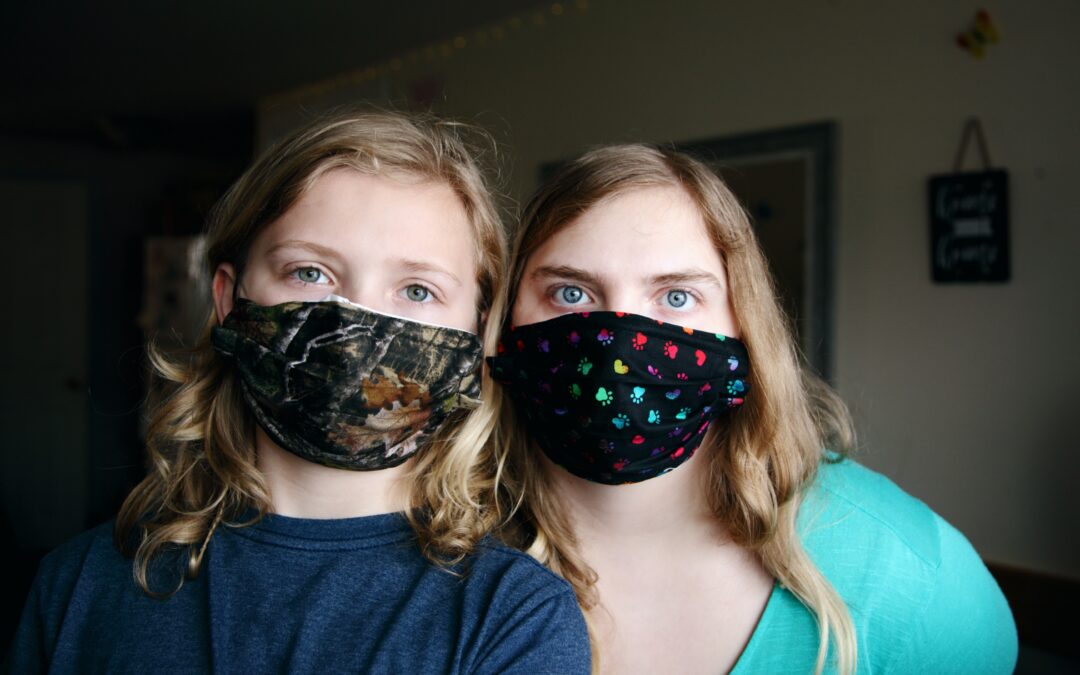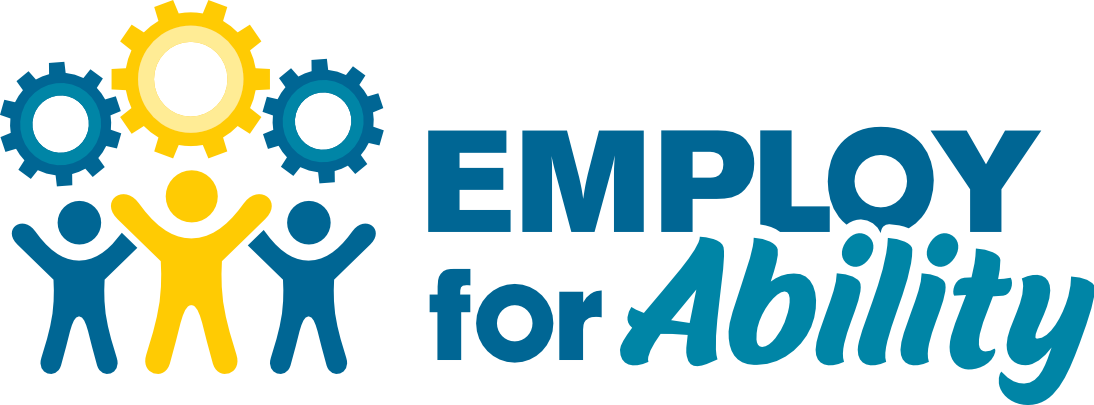
Autism and coping with COVID-19 anxiety – Helpful Tips
Image: Sharon McCutcheon: UnSplash
During these uncertain times, most of us are feeling very anxious about what is coming next and how the changes will impact our families and ourselves. A lot has changed in the last few days and the world is a very different place compared to just last week.
People with an autism diagnosis may think, feel and respond to these changes differently to their neurotypical peers. The 24-hour news cycle of speculation, sensationalism and presenting the “facts” with their biases and commentary can help to fuel anxiety and drive other psychosocial disabilities. Respect, caution and calmness are required to support our family members on the autism spectrum. These concepts can help our other family members who may not have anxiety by diagnosis but are sure feeling the symptoms right now.
As the number of cases of COVID-19 rises in the coming days and further interventions by our governments and employers increase, it is important we focus on our mental well-being and learn to manage our stress as well as the stress of our family members. Early intervention can help to alleviate severe anxiety and other comorbid conditions such as depression. The Australian Psychological Society has a good information sheet, which I have summarised below with an Autism focus.
Learn the facts
Our constant news cycle and media coverage with commentary fuels our anxiety levels and more so for someone with an autism diagnosis. Limit your media exposure and rely on the original sources of information. Look at the government’s websites https://www.health.gov.au/news or another trusted source of factual information for the information on the topic you want. If you are wanting information on schools, read the statements from your state or territories education system.
Keep things in perspective
Many people with an autism diagnosis live with a heightened level of anxiety that when their predicted routine and world function as expected they can cope with. Changes to routine, unexpected events like school changes, parents work being closed and not participate in their hobbies or sports can heighten their levels of stress and anxiety. It is easy to look at the glass is half full and see the worst case scenario when your world is rapidly changing and often impacting you financially. In terms of the COVID-19 pandemic, ask yourself and help your loved one with an autism diagnosis by explaining to them.
- Am I catastrophising, assuming the worst case scenario will happen, when none of us know the outcome? The number of COVID-19 cases is still very low compared to the whole population and the numbers tested. It is currently only 1% of tested cases.
- Am I overestimating the consequences of the virus? Most people will have a mild illness due to COVID-19 and make a speedy recovery within 14 days.
- Am I underestimating my ability or my loved one with an autism diagnosis’ ability to cope? People with an autism diagnosis are incredibly resilient and deal with change and stress every day. Focusing on things you can do to cope will help you to put things into perspective for your unique family circumstances.
Take reasonable precautions
Focus your loved ones on the proactive and practical basic hygiene principles can help to keep your anxiety at bay. Medical authorities recommend a range of protective practices:
- Wash your hands frequently
- Avoid touching your eyes, nose and mouth
- Stay at home if you feel unwell until you no longer feel unwell
- Seek medical care if you have a fever, cough or experience breathing difficulties
Practice self-care
To foster a positive mindset in you and your loved one with an autism diagnosis it is important to look after yourself. Self-care is unique to each person but things you can focus on are:
- Maintain your social connections using social media, skype, facetime, WhatApp.
- Make time with each other to do hobbies at home instead of at your usual venue. Now that gyms are closed, create a fun workout you all can participate in at your home.
- Maintain a healthy diet, regular exercise, getting quality sleep and avoid the use of alcohol and other drugs to cope with your stress.
- Practice relaxation or meditation to allow your body a chance to settle into the new state we are in.
Ideas for talking to your loved one with an autism diagnosis about COVID-19
Your family members will read your stress and anxiety about the changing world. They pick up more than you imagine. It is really important they can talk to you about their concerns.
Answer their questions
Answering their questions is a keyway to help reduce their anxiety levels. Be honest, factual and use non emotional terms to answer their questions or refer them to the fact-based websites mentioned earlier.
- Answer their questions calmly
- Ask them what they know or think about the virus and clarify any misunderstandings they may have
- Acknowledge that this change of routine and family circumstances can cause anxiety and stress. It is a normal thing that many of us are feeling.
- Give them a sense of some control and talk about the practical things they can do to help and stay safe (wash hands, stay away from elderly people)
- Don’t overwhelm them with information that focuses on the worst-case scenario. Such as death rates increasing, their favourite restaurant or gym is closed for another 6 months – we do not know how long this will continue for
- Reassure them that COVID-19 is less common and less sever in younger people
- Encourage them to maintain contact via social media, (Facetime, WhatsApp, Skype) with the people they care about such as grandparents, friends, mentors, work colleagues)
Talk about how you and your loved one with an autism diagnosis is feeling
Explain it is normal to fee worried about getting sick. Listen to them and reassure them that you there to help them with whatever changes arise in the future. Model calmness and do not pass on your concerns or worries you have about the future. Limit media exposure as the constant negativity as the government makes additional statement and changes can increase their levels of anxiety and fear. Read the governments statements together and discuss them so you can answer your loved one’s concerns.
Seek additional support from a psychologist or counsellor if you feel you or your loved one with an autism diagnosis is feeling overwhelmed due to stress or anxiety. If you are referred to a psychologist from your GP you may be eligible for a Medicare rebate.
Looking out for each other and recognising that all people will react differently to the transitions we are experiencing is a good start.
David Smith is an autism employment specialist and advocate. David is a research student looking at mental wellbeing, autism and employment.
David Smith for Employ for Ability – Linkedin + Facebook
An autism and neurodiversity employment specialist and advocate.
Working for the last 20 years in the recruitment sector coaching and mentoring clients, candidates and staff to reach their potential.
